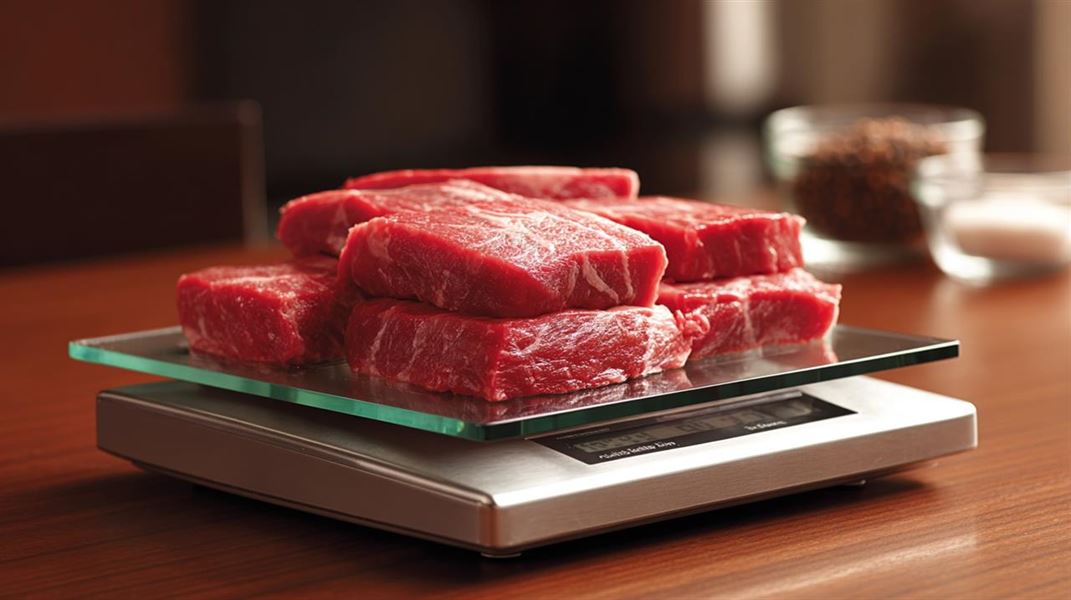Understanding vågskål - essential guide to precision weighing solutions

In the world of precise measurements, vågskål plays a crucial role, offering applications across various fields. This article delves into what a vågskål is, highlighting its uses, types, and benefits. Discover how vågskål helps ensure accuracy in your measurements and why it's an indispensable tool in both laboratories and industries.
What is a vågskål?
A vågskål, or weighing pan, is a component of a balance used for precise measurement of mass. It's typically a flat, stable dish where materials are placed to be weighed. These pans are made from various materials, including anti-static plastic, glass, or stainless steel, each tailored to meet specific measurement needs.
For instance, the vågskål from Buch & Holm is an example of a specialized weighing pan that offers anti-static properties, essential for precise weight measurements in environments where static charge can affect results.
Applications of vågskål
Laboratory Use
In laboratories, vågskål is indispensable for tasks requiring high precision. This includes chemical analysis, preparation of pharmaceutical formulations, and various research activities. The exact weight readings provided by vågskål help ensure the accuracy of experiments and formulations.
Industrial Applications
In industrial settings, vågskål is used for quality control, ensuring products meet specified weight criteria. Industries such as food processing, manufacturing, and pharmaceuticals rely on accurate measurements to maintain product quality and regulatory compliance.
Educational Purposes
Educational institutions use vågskål in science labs to teach students about the principles of weight measurement and the importance of precision. It serves as a practical tool to enhance learning in disciplines like chemistry and physics.
Types of vågskål
Anti-static vågskål
Anti-static vågskål, like those offered by Buch & Holm, are designed to prevent static charges from interfering with weight readings. This feature is particularly important when weighing lightweight or powdery substances where static electricity can skew results.
Stainless Steel vågskål
Stainless steel vågskål are highly durable and resistant to corrosion, making them ideal for harsh environments or when weighing corrosive substances. They are easy to clean and maintain, ensuring long-lasting performance.
Glass vågskål
Glass vågskål provide excellent chemical resistance and are ideal when transparency is required. They offer a stable surface for weighing and are used in situations where cleanliness and visibility are paramount.
Benefits of using vågskål
Precision and Accuracy
One of the primary benefits of using vågskål is the high level of precision and accuracy they provide. Whether in a lab or industrial environment, they ensure measurements are reliable and consistent, which is crucial for quality control and research.
Material Compatibility
Vågskål are available in various materials to accommodate different substances, ensuring compatibility and preventing contamination. This versatility makes them suitable for a wide range of applications across multiple fields.
Enhanced Measurement Efficiency
With the appropriate vågskål, measurements can be taken quickly and efficiently, saving time and reducing error. This efficiency is particularly beneficial in high-throughput environments where speed and accuracy are essential.
Conclusion
In conclusion, vågskål is an essential tool for precise weighing across various applications, from scientific research to industrial manufacturing. By choosing the right type of vågskål, such as anti-static, stainless steel, or glass, users can achieve reliable results tailored to their specific needs. Whether you are a scientist, manufacturer, or educator, incorporating vågskål into your measurement processes enhances accuracy and efficiency, ultimately leading to better outcomes.